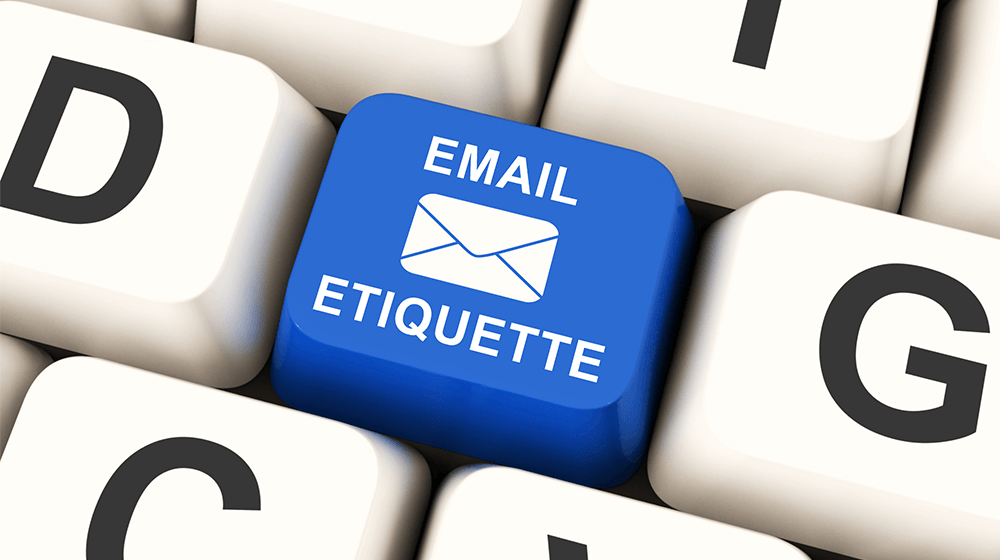Email is widely used as a form of inexpensive yet highly effective business communication tool. Printouts of emails are rarely taken and soft copies are used because archiving and retrieving emails is easily. The reason of its popularity is the ease of access, which everyone in an organization starting from the CEO to the janitor can use.
Emails are an efficient way to communicate information in a well-presented, easy to read and professionally appropriate manner. Many people quote lack of time as a reason to forward sub-standard emails that range from incomplete to incomprehensible.
Many people mistake emails with text messaging, or at least their approach towards writing emails suggests so. Let us discuss the difference between a text conversation and writing email. In a text message conversation, two people can exchange information, share details, provide corrections and ask for clarifications in a rapid back-forth manner of communication.
Compared to this, emails are read by professionals who, depending on their work, may get anything between 20 to 200 emails a day. They neither want to engage in a back-and-forth conversation, nor have the time to ask for details, multiple times. They just want to understand the content of the email, read out the instructions, process the information, get the task done and empty the “unread” section of the inbox.
Keeping this in mind, let us discuss some tricks to write effective emails −
● Plan your message.
● Use the subject line to grab the reader’s attention.
● Keep your message short and clear.
● Do not type your entire message in lower case.
● Proofread your message before sending it and assume accountability.
● Take a few minutes to cool down before sending any email while angry.
● Do not type your message in capitals. Capitals are considered to be SHOUTING.
In certain cases, emails may not be suitable. Prefer to call someone when −
● You have to discuss personal, sensitive or confidential information.
● You are going to give bad news.
● Your message is complex and meaning might be lost in the wordings.
● you need an immediate response.


